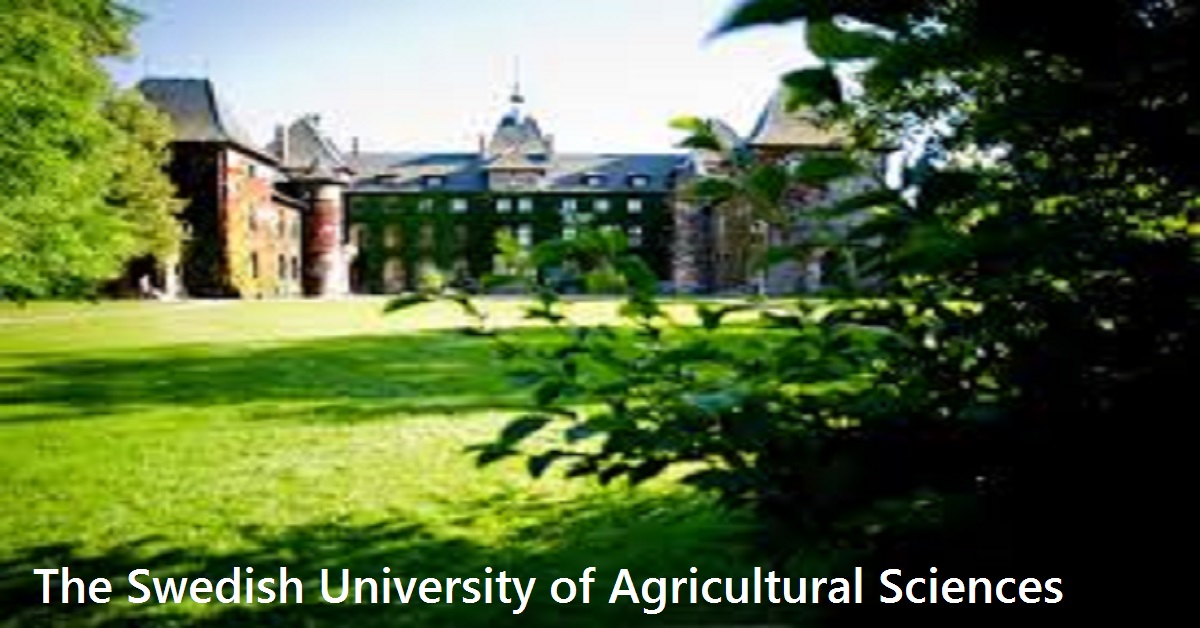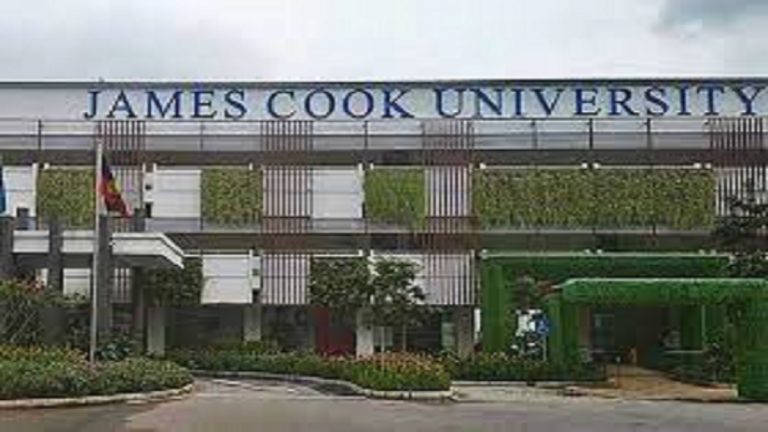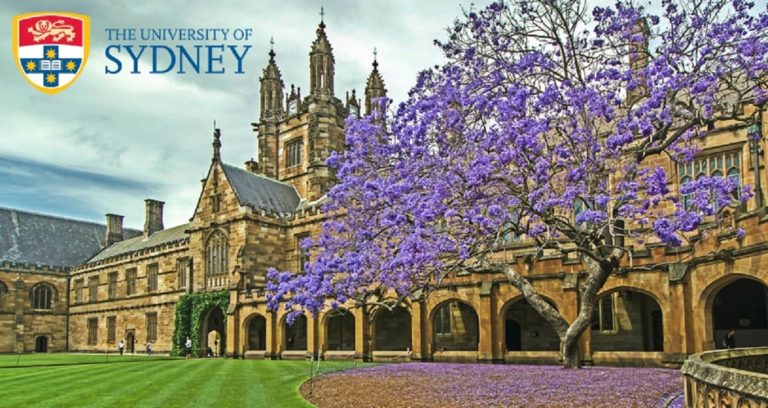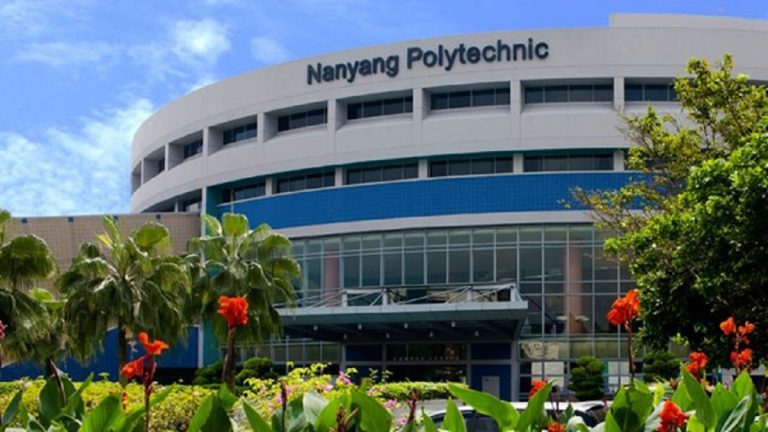
PhD position in Animal Science, PhD student for a project on laying hens and reduction of ammonia emission
The Department of Animal Nutrition and Management (HUV) conduct basic and applied research focused on feed, nutrition and management of production animals. The goal is to create a sustainable and profitable production with good animal care that provides high quality food. Our department is responsible for undergraduate education, research and postgraduate education in the subject areas of nutritional physiology, feed science, management issues and aquaculture. HUV offers an inspiring research environment where we study metabolic processes and nutrient utilization in animals, management in various animal production systems.
Our research in poultry focuses on broiler chickens and laying hens with a focus on nutrition, housing and management. Our goal is to conduct need-driven research that generate new knowledge that combines improved animal welfare, high competitiveness and low environmental cost. The food should have high quality and be safe for consumers. Our research comprises both conventional and alternative production systems for layers and broiler chickens.
Read more about our benefits and what it is like to work at SLU at https://www.slu.se/en/about-slu/work-at-slu/
PhD student for a project on laying hens and reduction of ammonia emission
Project description:
In Sweden, the majority of laying hens is housed in cage-free environments with access to littered floor areas. The littered area increases the behavioural repertoire of the laying hen in a positive way. However, manure accumulating in the litter will increase the ammonia concentration in the indoor air, as nitrogen in the manure is converted to ammonia by bacteria and in chemical processes. The gas ammonia is detrimental for the respiratory tract of both poultry and humans, and ammonia ventilated from barns contributes to acidification and eutrophication. Agriculture accounts for almost 90 percent of the total ammonia emissions to air in Sweden, and it is urgent to find measures to reduce the emissions from animal stables. The present project aims at investigating alternative litter materials and feed compositions with potential to reduce ammonia emission in laying hen facilities.
Work tasks:
The project involves experiments with laying hens at SLU:s research facility outside Uppsala. The work tasks include planning of trials, practical work at the research facility when trials are running, data collection, laboratory work, statistical analyses and scientific publication. The student is expected to participate in teaching at BSc and MSc level.
Qualifications:
A university degree of at least 240 higher education credits is required, see below. We are looking for a candidate who have a degree in Animal Science, Veterinary Medicine, Biology or in an equivalent subject. You must have a proven ability to communicate in written and oral English. Therefore, upper secondary school grade equivalents to English B/English 6 are required. Experience of laboratory work, molecular methods, and a general knowledge about poultry and their nutrition is a merit. You should have driving license (Swedish, class B). Personal suitability for the work tasks, such as good collaboration skills, ability to work independently, flexibility and good analytic and problem solving capacity, will be of great importance in the assessment of candidates.
The application, written in Swedish or in English, should include a description of why this research project is of interest to you (max one A4-page).
Place of work:
Uppsala
Forms for funding or employment:
Employment 4 years
Starting date:
According to agreement.
Application:
Click the “Apply” button to submit your application. The deadline is 2022-08-15.
To qualify for third-cycle (Doctoral) courses and study programmes, you must have a second-cycle (Master’s) qualification. Alternatively, you must have conducted a minimum of four years of full-time study, of which a minimum of one year at second-cycle level.
Applicants will be selected based on their written application and CV, degree project, copies of their degree certificate and transcript of records from previous first and second-cycle studies at a university or higher education institution, two personal references, and knowledge of English. More information about the English language requirements can be found here: www.slu.se/en/education/programmes-courses/doctoral-studies/new-doctoral-students/english-language-requirements/
Please note that applicants invited to interview must submit attested copies of their degree certificate, a transcript of records from previous first and second-cycle studies at a university or higher education institution. Applicants who are not Swedish citizens need to submit an attested copy of their passport’s information page containing their photograph and personal details.
Read about the PhD education at SLU at www.slu.se/en/education/programmes-courses/doctoral-studies/
Academic union representatives:
https://internt.slu.se/en/my-employment/employee-associations/kontaktpersoner-vid-rekrytering/
The Swedish University of Agricultural Sciences (SLU) is a world-class international university with research, education and environmental assessment within the sciences for sustainable life. Its principal sites are in Alnarp, Umeå and Uppsala, but activities are also conducted at research stations, experimental parks and educational establishments throughout Sweden. We bring together people who have different perspectives, but they all have one and the same goal: to create the best conditions for a sustainable, thriving and better world.
SLU has just over 3,000 employees, 5,000 students and a turnover of SEK 3 billion. The university has invested heavily in a modern, attractive environment on its campuses.
www.slu.se
Contact person
Helena Wall
Professor
+4618671670
URL to this pagehttps://www.slu.se/en/about-slu/work-at-slu/jobs-vacancies/?rmpage=job&rmjob=6850&rmlang=UK


